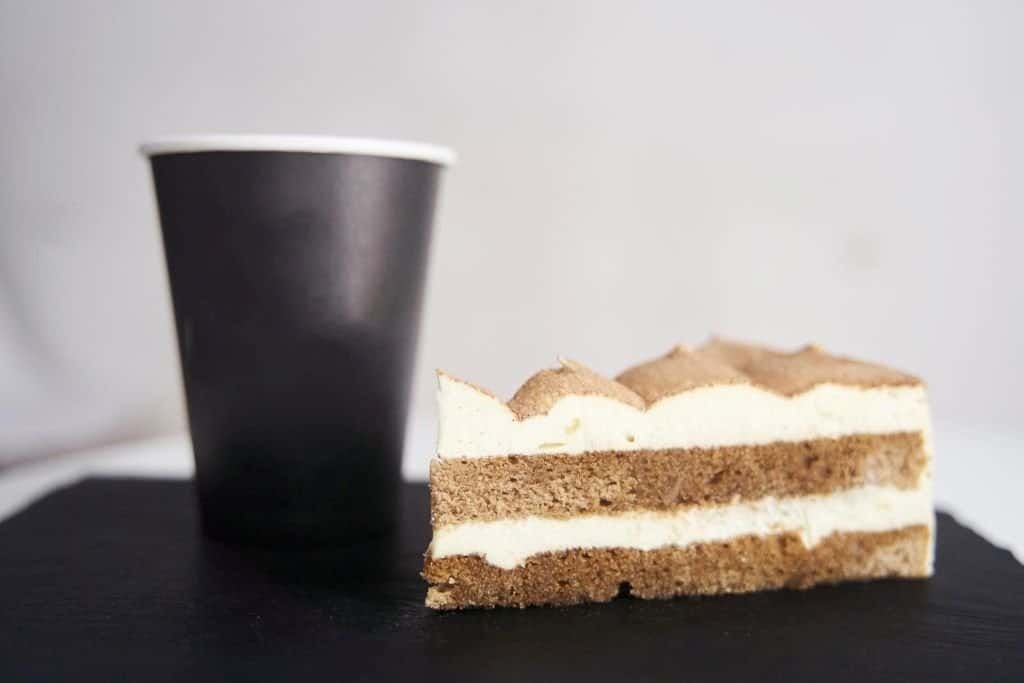Picture this: you’ve just finished a delicious cup of coffee, and you’re ready to face the day. You walk into a meeting or a social gathering, and suddenly you start to wonder: is coffee breath bad? Will people be put off by the smell of coffee on my breath?
First of all, let’s be clear: coffee breath is a real thing. It’s not just in your head, and it’s not something you’re making up. Coffee contains a number of compounds that can contribute to bad breath, including caffeine, acids, and other compounds that can stick to your teeth and tongue.
But does that mean that coffee breath is inherently bad? Well, that depends on who you ask.
Some people might argue that coffee breath is a natural part of drinking coffee and that it’s nothing to worry about. After all, coffee is a delicious and beloved beverage, and it’s hard to imagine giving it up just because it might make your breath smell a little funky.
Others might argue that coffee breath is a serious problem and that it can be a major turn-off in social and professional situations. Nobody wants to be the person with bad breath, especially if they’re trying to make a good impression on others.
So, what’s the truth? Is coffee breath really that bad? Let’s take a closer look.
The Science of Coffee Breath
To understand why coffee breath happens, it’s important to understand a little bit about the chemistry of coffee. Coffee contains a number of volatile compounds, which are the compounds that give coffee its distinctive aroma and flavor.
When you drink coffee, these volatile compounds are released into your mouth and throat, where they can get trapped in your saliva and on the surfaces of your teeth and tongue. Over time, these compounds can start to break down, which can lead to the characteristic smell of coffee breath.
In addition to the volatile compounds, coffee also contains acids and other compounds that can contribute to bad breath. For example, the acids in coffee can lower the pH of your mouth, which can create an environment that’s more hospitable to the growth of bacteria that cause bad breath.
Is coffee breath bad for your health?
While coffee breath can certainly be unpleasant and socially awkward, it is generally not considered harmful to your health. The compounds responsible for coffee breath are volatile organic compounds (VOCs) that are produced during the roasting process of coffee beans.
These compounds are not toxic and do not pose a health risk when inhaled or ingested. However, excessive consumption of coffee can lead to other health issues, such as stained teeth, acid reflux, and even high blood pressure in some individuals.
It’s important to maintain a balanced and moderate coffee consumption to avoid these issues, but coffee breath itself is not considered harmful to your health.
How to prevent coffee breath
Whether or not coffee breath is “bad” depends on your own personal feelings and preferences. If you’re someone who is bothered by coffee breath, there are a few things you can do to minimize it:
Dos
- Brush your teeth and tongue after drinking coffee.
- Use mouthwash or rinse your mouth with water.
- Chew gum or mints to freshen your breath.
- Eat breath-friendly foods, such as apples or celery.
- Stay hydrated throughout the day
- Choose a lighter roast or switch to tea.
Don’ts
- Drink coffee on an empty stomach
- Drink coffee that is too hot or acidic.
- Add sweeteners or creamers that contain sugar.
- Drink coffee before bed.
- Drink excessive amounts of coffee.
- Smoke cigarettes or use tobacco products after coffee.
Additional Tips:
- Drink water while you’re drinking coffee to help wash away any residual coffee compounds in your mouth.
- Try using a tongue scraper to remove bacteria and odor-causing compounds from your tongue.
- Limit your coffee intake to one or two cups per day to reduce the risk of bad breath and other negative health effects.
By following these dos and don’ts, you can effectively combat coffee breath and maintain fresh breath throughout the day. Remember to brush and floss regularly, use mouthwash, and stay hydrated to keep your mouth healthy and free from unpleasant odors.
Avoiding excessive amounts of coffee, acidic or sugary additives, and tobacco products can also help you avoid bad breath caused by coffee.
Q&A
Q: Is coffee the only beverage that causes bad breath?
A: No, coffee is not the only beverage that can cause bad breath. Other beverages such as alcohol, soda, and tea can also contribute to bad breath. Additionally, foods like garlic and onions can also have a significant impact on your breath.
Q: How long does coffee breath last?
A: The length of time that coffee breath lasts can vary depending on the individual and the amount of coffee consumed. In general, the odor can last for several hours after drinking coffee.
Q: Are there any health risks associated with coffee breath?
A: While coffee breath itself is not considered harmful to your health, excessive coffee consumption can lead to other health issues such as acid reflux, high blood pressure, and stained teeth.
Q: Are there any natural remedies for coffee breath?
A: Yes, there are several natural remedies that can help combat coffee breath. Chewing on fresh herbs like parsley or mint, eating crunchy fruits and vegetables, and drinking green tea can all help freshen your breath and neutralize odors.
The Verdict: Is Coffee Breath Bad?
So, with all of that in mind, is coffee breath bad? Well, the answer is…it depends.
For some people, coffee breath is no big deal. They might not even notice it, or they might not care if they do. For others, however, coffee breath can be a major source of embarrassment and self-consciousness.
It’s safe to say that coffee breath is a genuine occurrence, but whether it’s deemed “bad” is subjective. It ultimately depends on personal preference. If you’re someone who is affected by coffee breath, there are various approaches you can take to minimize its impact.
However, if you’re like me, avoiding coffee altogether is not an option!




